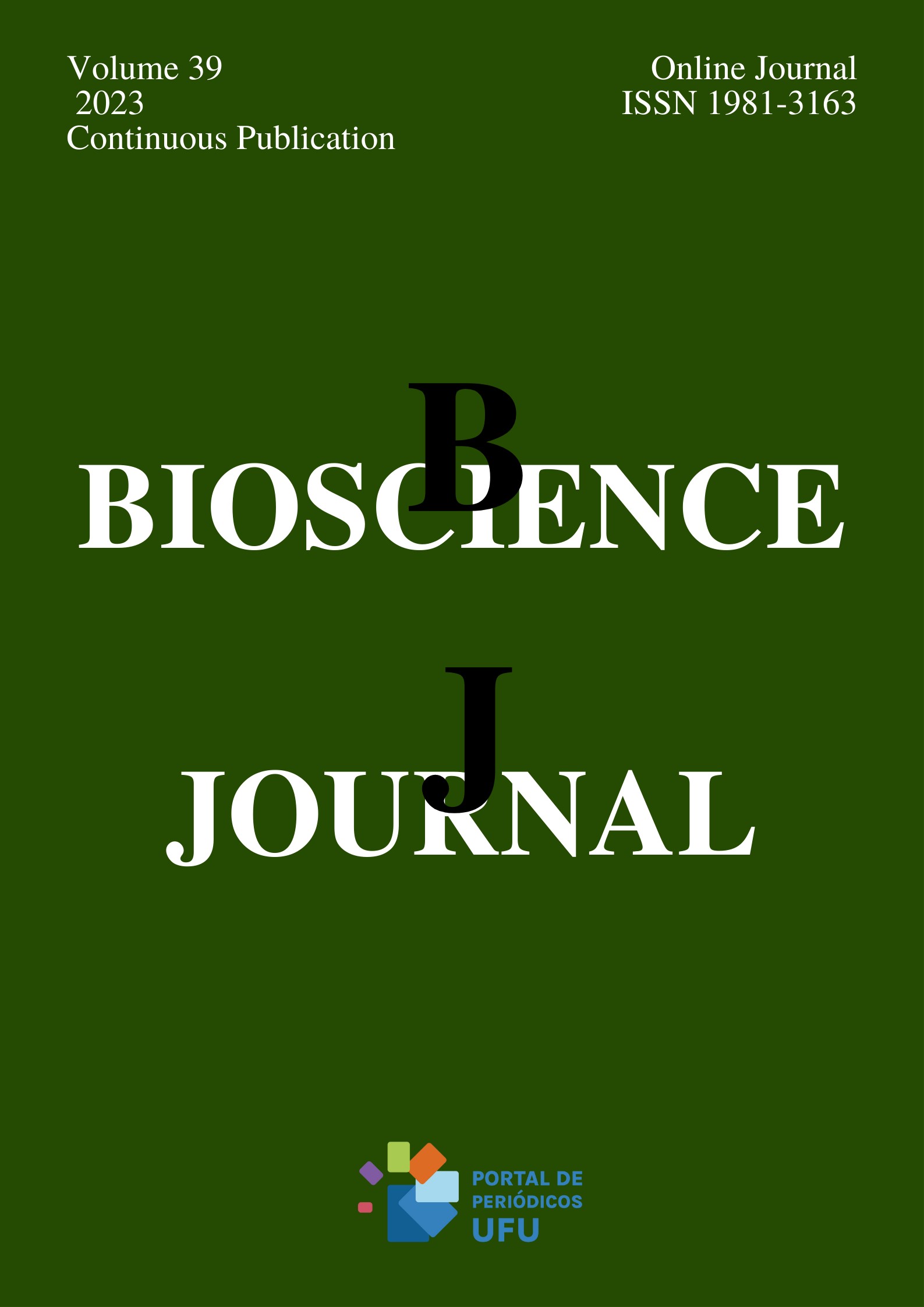Antimicrobial activity of comfort related properties of silk treated with herbal extracts in making of reusable masks
DOI:
https://doi.org/10.14393/BJ-v39n0a2023-65193Keywords:
Antimicrobial, Azadirachata Indica, Butea monosperma, Litchi chinensis, Silk.Abstract
The study was aimed at divulging an eco-friendly antimicrobial finish on 100 % silk woven fabric. The leaves’ extract of Azadirachata indica, Butea monosperma and Litche chinensis were used as the development of eco-friendly antimicrobial finish. The antimicrobial property and comfort related property were checked before and after applying antimicrobial finish. In comfort related property absorbency & air permeability were checked. The ASTEM E2149 Shake Flask method was used to check antimicrobial finish and AATCC method was used for checking fabric property. One way ANOVA statistical test was applied for analysis of results. The FTIR and SEM results showed the presences of finish on fabrics. In comfort related property, absorbency and air permeability was increased. The results showed that antimicrobial finish made 100% reduction against microorganism up to 25 washes which can be used in making reusable masks fight against COVID- 19.
References
BONIN LE. Durable and reusable antimicrobial textiles. 2008, Faculty of the Louisiana State University and Agricultural and Mechanical College In partial fulfillment of the Requirements for the degree of Master of Science in The School of Human Ecology by Leila Elizabeth Bonin BS, University of Louisiana at Lafayette.
CHENGAI, H., et al. Medicinal importance of natural dyes - a review. International Journal of PharmTech Research. 2010, 2(1), 144-154.
CHENA, C. and CHANG, W.Y. Antimicrobial activity of cotton fabric pretreated by microwave plasma and dyed with onion skin and onion pulp extractions. Indian Journal of Fibre & Textile Research. 2007, 32, 122-125.
GHORANNEVISS, M., et al. Influence of plasma sputtering treatment on natural dyeing and antibacterial activity of wool fabrics. Progress in Organic Coatings. 2011, 70(4), 388-393. https://doi.org/10.1016/j.porgcoat.2010.11.017
HONG, K.H., et al. Preparation and properties of multi-functionalized cotton fabrics treated by extracts of gromwell and gallnut. Cellulose. 2012, 19(2), 507-515. https://doi.org/10.1007/s10570-011-9613-0
JOSHI, M., et al. Ecofriendly antimicrobial finishing of textiles using bioactive agents based on natural products. Indian Journal of Fibre and Textile Research. 2009, 34(3), 295-304.
MALATHY, R. A study on effect of eco friendly finish on mechanical and comfort property of silk fabric. International Journal of Humanities, Arts, Medicine and Sciences. 2014, 2(7), 109-114. https://doi.org/10.1590/S1517-707620200003.1096
NADIGER, V.G., et al. Antimicrobial activity of silk treated with Aloe-vera. Fibers and Polymers. 2015, 16(5), 1012-1019. https://doi.org/10.1007/s12221-015-1012-y
RAJA, C. Influence of Enzyme and Morclant Treatments on the Antimicrobial Efficacy of Natural Dyes on Wool Materials. Asian Journal of Textile. 2011, 1(3), 138-144. https://doi.org/10.3923/AJT.2011.138.144
SATHIANARAYANAN, M., et al. Antibacterial finish for cotton fabric from herbal products. Indian Journal of Fibre & Textile Research. 2010, 35(1), 50.
SUSMITHA, S., et al R. Phytochemical extraction and antimicrobial properties of Azadirachta indica (Neem). Global journal of pharmacology. 2013, 7(3), 316-320. http://dx.doi.org/10.5829/idosi.gjp.2013.7.3.1107
UZKUL, H. and ALKAN, R. Antimicrobial Properties of Silk Fabrics Dyed with Green Walnut Shell (Juglans regia L.). Kocaeli Journal of Science and Engineering. 2018, 1(2), 28-32. http://dx.doi.org/10.34088/kojose.410163
VARESANO, A., et al. Antimicrobial polymers for textile products. Science against microbial pathogens. 2011, 3, 99-110.
Downloads
Published
Issue
Section
License
Copyright (c) 2023 Shama Sadaf, Neelma Munir, Ayesha Saeed, Komal Hassan, Zeeshan Ahmad

This work is licensed under a Creative Commons Attribution 4.0 International License.





